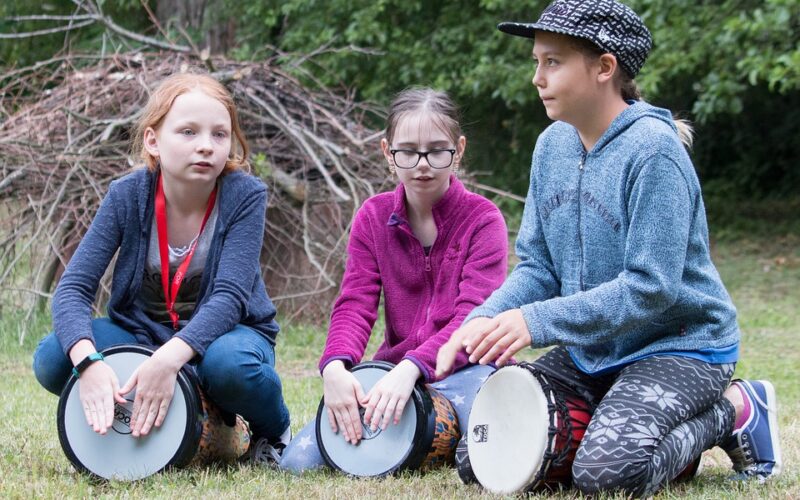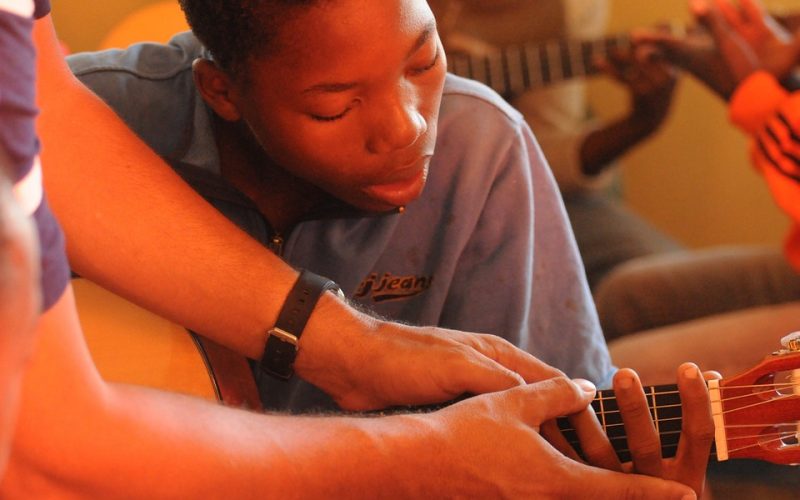The landscape of healthcare education is rapidly changing, offering aspiring and current professionals more pathways than ever to advance their skills. The long-standing debate between online and on-campus learning has become particularly relevant in this field. Both methods present unique benefits and challenges, and understanding them is key to making an informed decision that aligns with your career goals, whether you're starting out or seeking specialised training.
The rise of flexible online learning
Digital platforms have revolutionised how medical knowledge is delivered. Online education offers unparalleled flexibility, allowing learners to balance their studies with demanding work schedules and personal commitments. This is especially beneficial for healthcare workers looking to upskill without taking a career break. Specialised programmes, such as a blood interpretation course, can be accessed from anywhere, removing geographical barriers and making advanced training more attainable for professionals in remote or underserved areas.
Challenges in digital healthcare training
Despite its convenience, online learning is not without its hurdles. The most significant challenge in healthcare education is replicating the hands-on, practical experience that is crucial for clinical proficiency. While simulations and virtual reality are becoming more sophisticated, they cannot fully replace the tactile learning and direct patient interaction found in a traditional setting. For skills-based subjects like advanced ECG training, mastering the nuances of placing leads and interpreting real-time results often requires in-person guidance and practice.
The value of traditional on-campus education
On-campus programmes remain the gold standard for foundational healthcare training for good reason. They provide an immersive learning environment with direct access to experienced tutors, state-of-the-art laboratories, and clinical placement opportunities. This face-to-face interaction fosters mentorship and collaborative learning among peers, which is vital for developing the communication and teamwork skills essential in any healthcare setting. The structured nature of on-campus study provides a clear and supportive pathway for students.
Integrating practical skills with theory
Many complex medical procedures and assessments demand a deep, hands-on understanding. Consider preoperative assessment courses, which require clinicians to synthesise patient history, physical examination findings, and diagnostic data to evaluate a patient's fitness for surgery. While the theoretical components can be effectively taught online, the practical application—honing assessment techniques and decision-making skills in a clinical environment—is best developed through direct, supervised practice on campus or in a healthcare facility.
A hybrid approach: The best of both worlds
Recognising the strengths of both models, many educational institutions are now offering hybrid programmes. This blended approach combines the flexibility of online coursework for theoretical knowledge with mandatory on-campus sessions for practical skills development. A student might complete the academic modules of an ECG training programme online at their own pace, then attend intensive, in-person workshops to practise on equipment and receive expert feedback. This model offers a balanced and effective solution for modern learners.
Ultimately, the choice between online and on-campus education depends on the individual's learning style, career stage, and the specific skills they aim to acquire. While online platforms provide incredible access to knowledge, the practical, hands-on experience of on-campus training remains indispensable for many aspects of healthcare. The future likely lies in a hybrid model that thoughtfully integrates digital convenience with essential in-person instruction, bridging the gap to create competent and well-rounded healthcare professionals.






